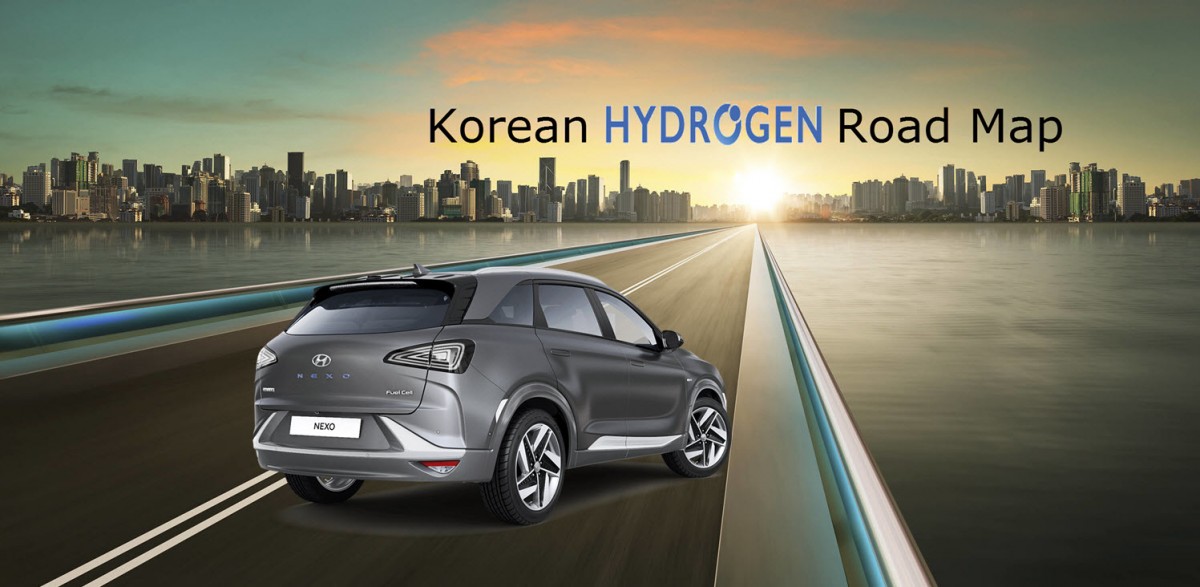
South Korean firms are ramping up efforts to develop renewable hydrogen capacity as the country works towards its 2050 carbon neutrality goal.
Major energy firm SK is investing 18.5 trillion South Korean won ($16bn) to construct a 280,000 t/yr hydrogen ecosystem in Incheon by 2025.
The company, South Korea’s biggest refiner, will produce 30,000t of liquified hydrogen by 2023 using by-product from its SK Incheon Petrochemical plant for supply to the local metropolitan area.
Phase two will add 250,000 t/yr of blue hydrogen produced from LNG and will use carbon capture and storage facilities to reduce greenhouse gas (GHG) emissions.
Investment is also going into the distribution network through the installation of 100 charging stations nationwide to distribute 80,000 t/yr of liquified hydrogen by 2025, while a pipeline is in the works to transport 200,000 t/yr of blue hydrogen to feed a new 400MW fuel cell power plant.
A $1.6bn partnership has been signed with US manufacturer Plug Power to provide hydrogen fuel cell systems, fuelling stations and electrolysers to South Korea and other Asian markets.
Other South Korean companies are also looking to invest in hydrogen, in their cases through partnerships in the Middle East. GS Energy entered an agreement with Abu Dhabi’s state-owned Adnoc last week to develop blue hydrogen in the UAE.
And Hyundai Heavy Industries has signed an initial deal with Saudi Arabian state-controlled company Saudi Aramco to develop renewable hydrogen and ammonia.
The firm’s refinery unit Hyundai Oilbank will import LPG from Aramco to convert into blue hydrogen for use at its refinery desulphurisation units and marketed for transport fuel and power generation. It plans to open 300 charging stations across the country by 2040 to strengthen supply chains. The volume of LPG covered by the deal has yet to be determined.
Aramco will also provide blue ammonia for use a fuel for LNG boilers scheduled to come on line by 2024.
Hyundai Heavy’s Korea Shipbuilding & Offshore Engineering unit will also develop a vessel that can carry LPG cargoes and capture CO2, as well as pursue ammonia carriers and propulsion ships.
Hyundai Heavy earlier this year announced a W1 trillion investment to develop cleaner ships as part of the International Maritime Organization’s drive for vessels to reduce CO2 emissions by 40pc by 2030 and by 70pc by 2050, alongside a 50pc GHG reduction by 2050 from 2008 base levels.
Read the most up to date Fuel Cell and Hydrogen Industry news at FuelCellsWorks




